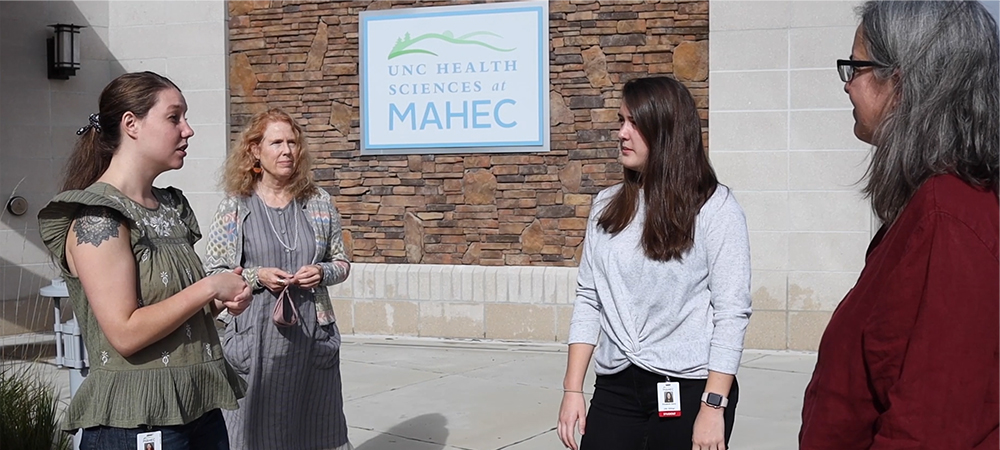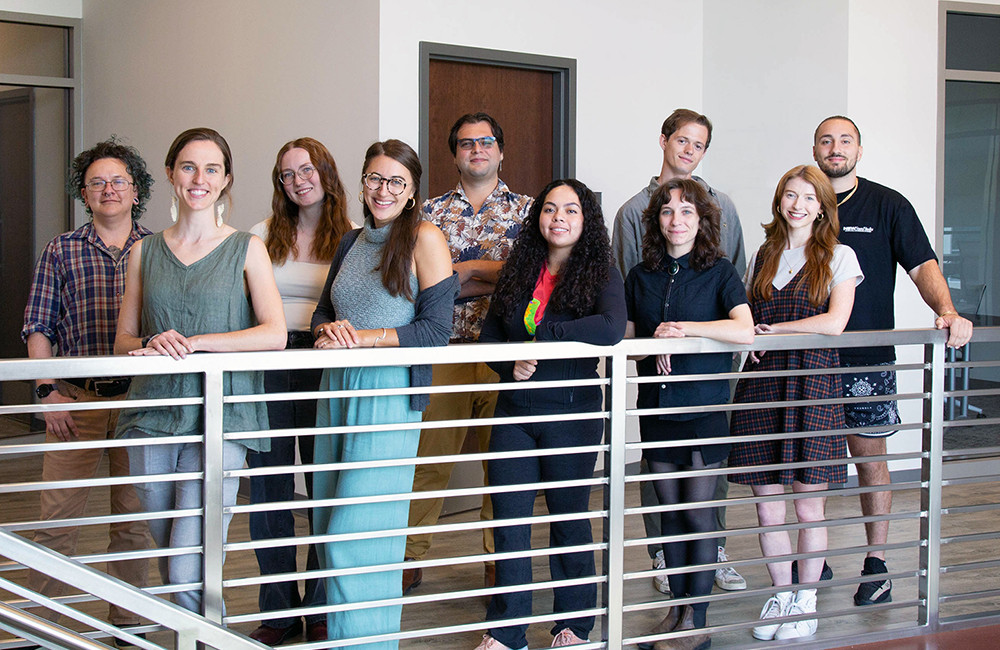
Master of Public Health




Cohort members shown here will receive their Master of Public Health degree in May 2026.
Since 2018, the UNC Asheville-UNC Gillings Master of Public Health (MPH) program has been offered exclusively in Asheville at MAHEC. After careful consideration and a period of evaluation to assess its long-term sustainability, the institutions have made the difficult decision to discontinue the program. No new cohorts will be admitted.
Current students will be able to complete their MPH degrees, with the final cohort graduating in May 2026. We look forward to continuing to support them as they contribute to the development of strong, safe, and healthy communities across Western North Carolina.
Although the program in its current form is gradually winding down, we are pleased to reaffirm that both Gillings and UNCA, along with MAHEC, remain deeply committed to fostering and sustaining collaborations aimed at strengthening the public health workforce in Western North Carolina.
Plans are underway to develop early assurance and accelerated training at UNCA, identifying practicum opportunities for Gillings students in Chapel Hill and online, and designing public health training opportunities for clinical learners.
For more information, contact MAHEC-based UNC Gillings faculty member Sarah Thach at sarah.thach@unc.edu.
